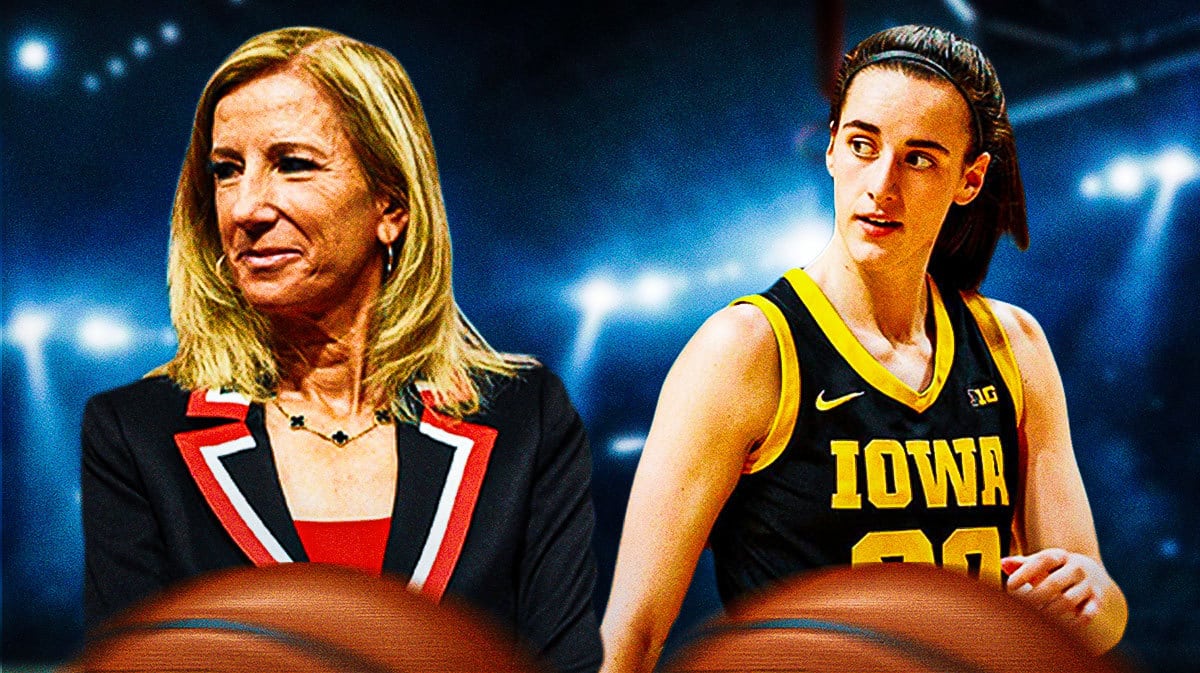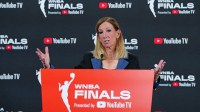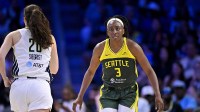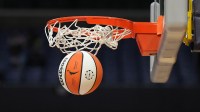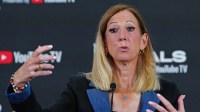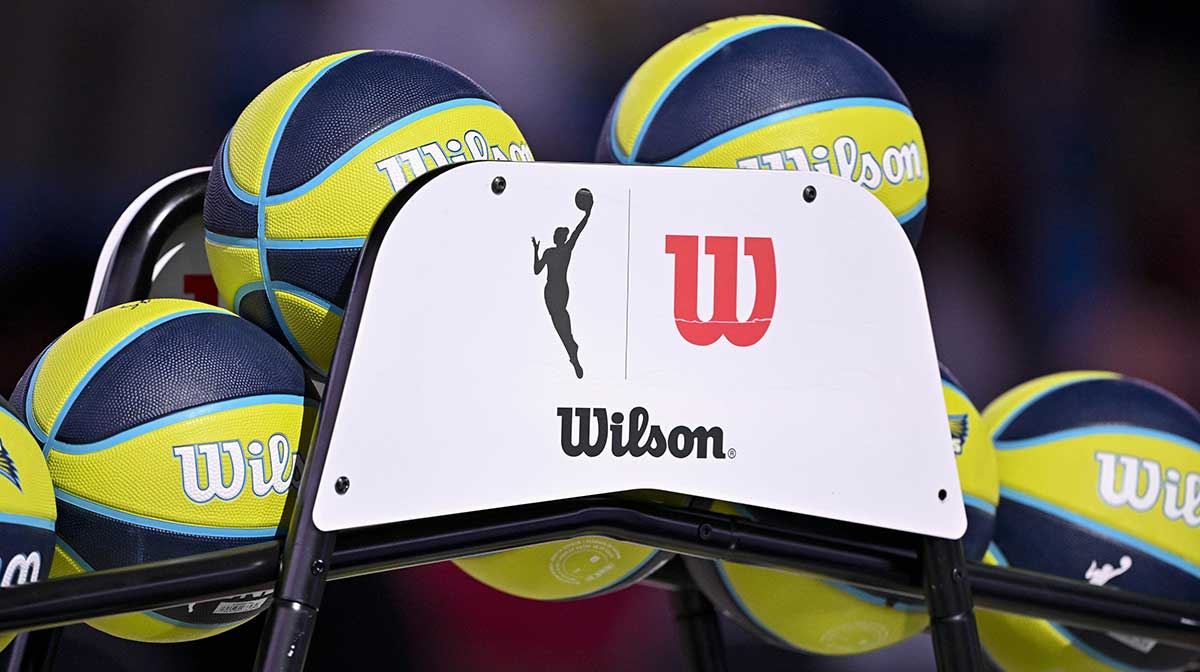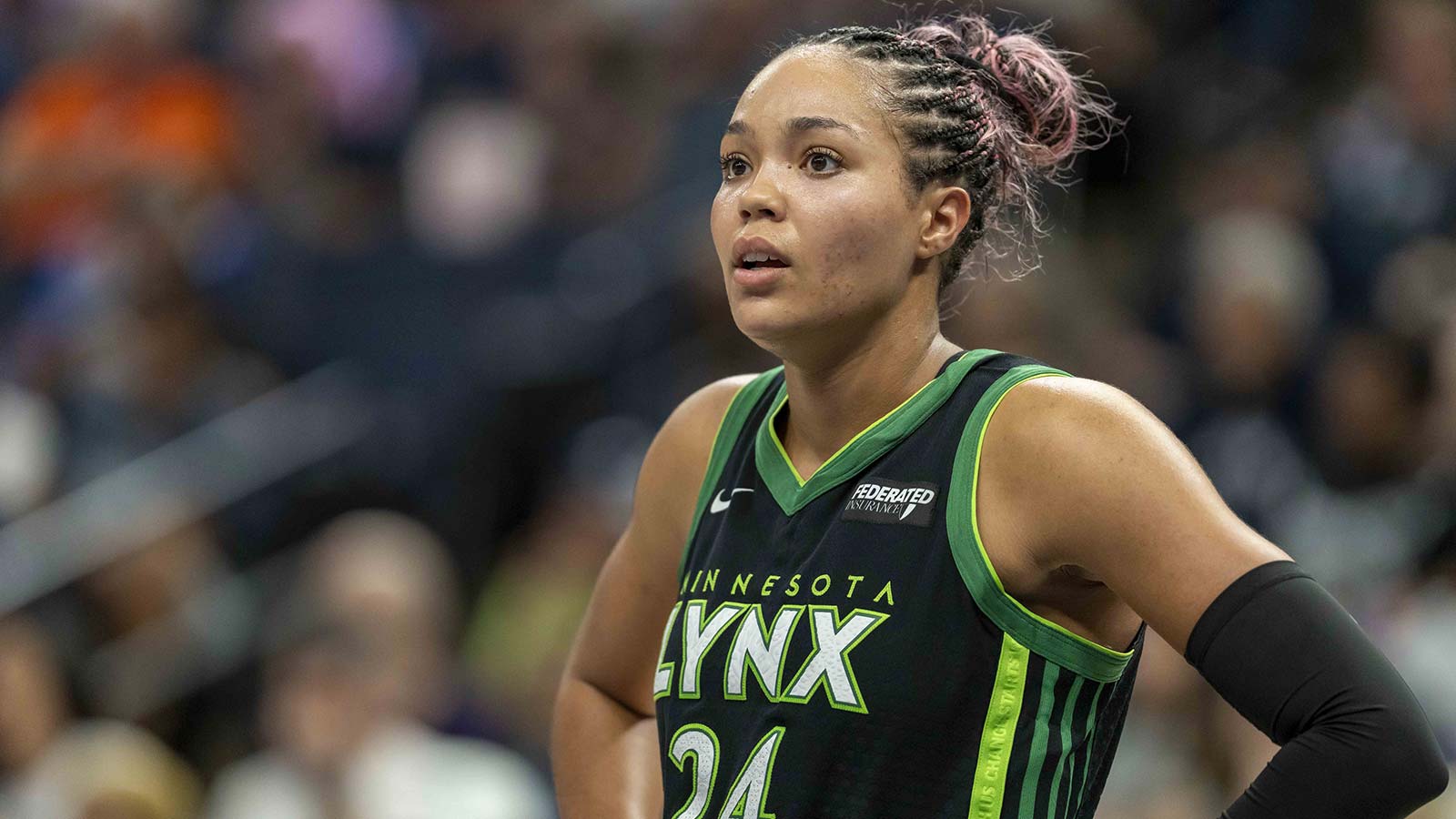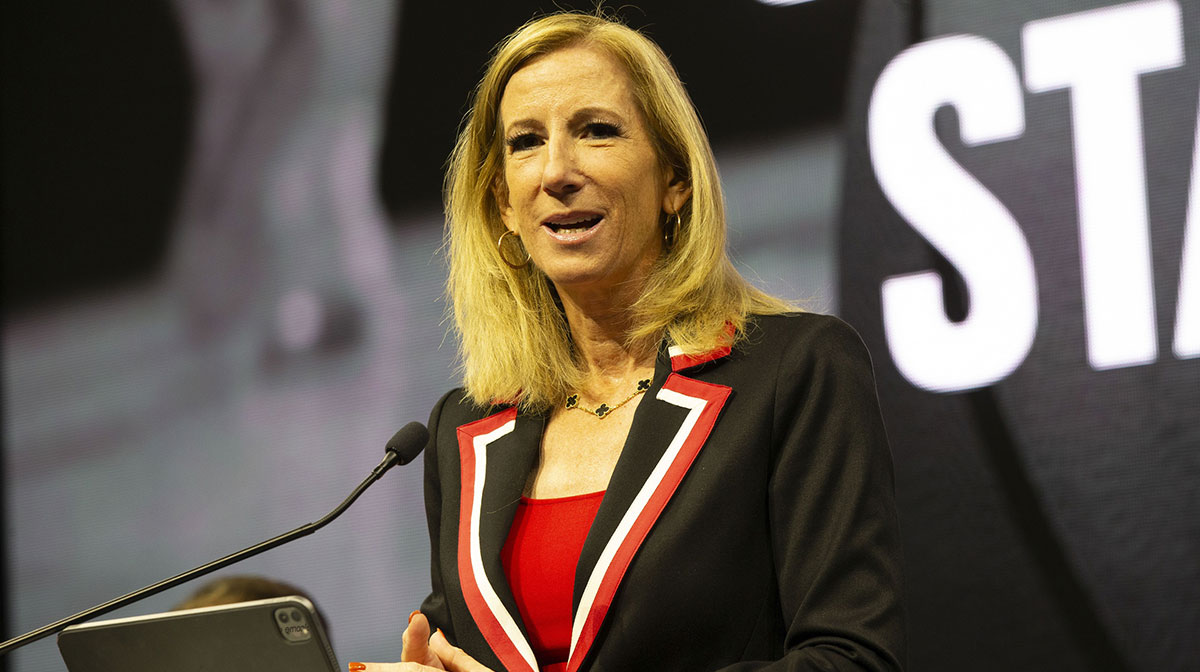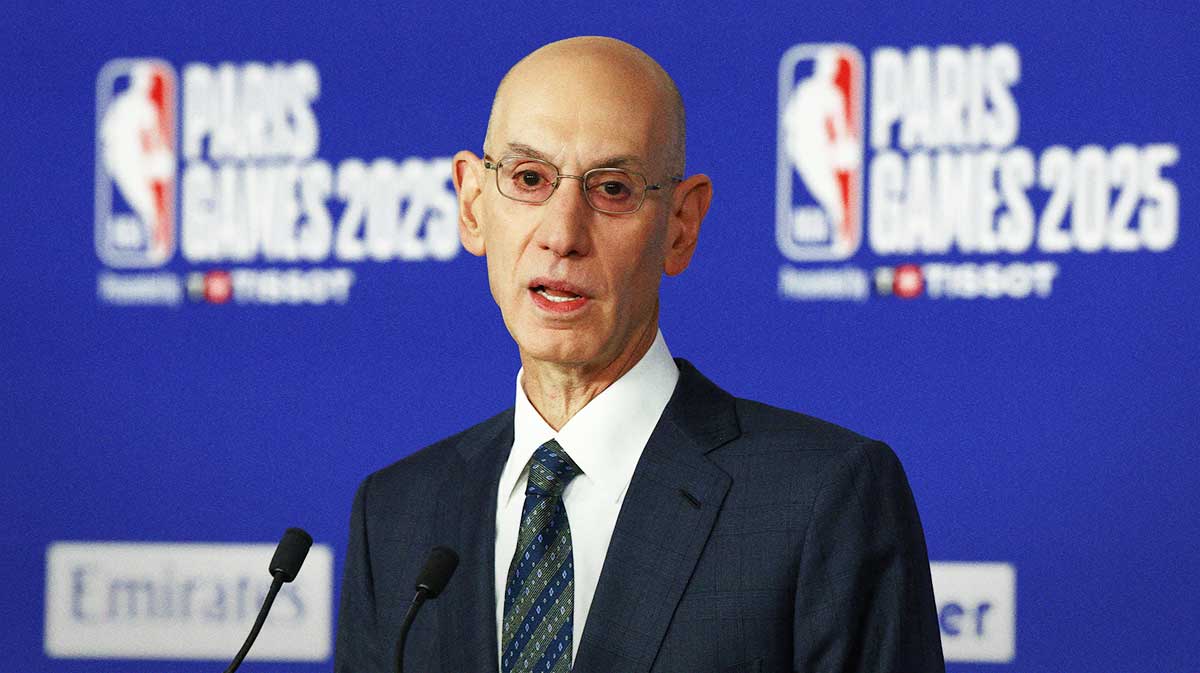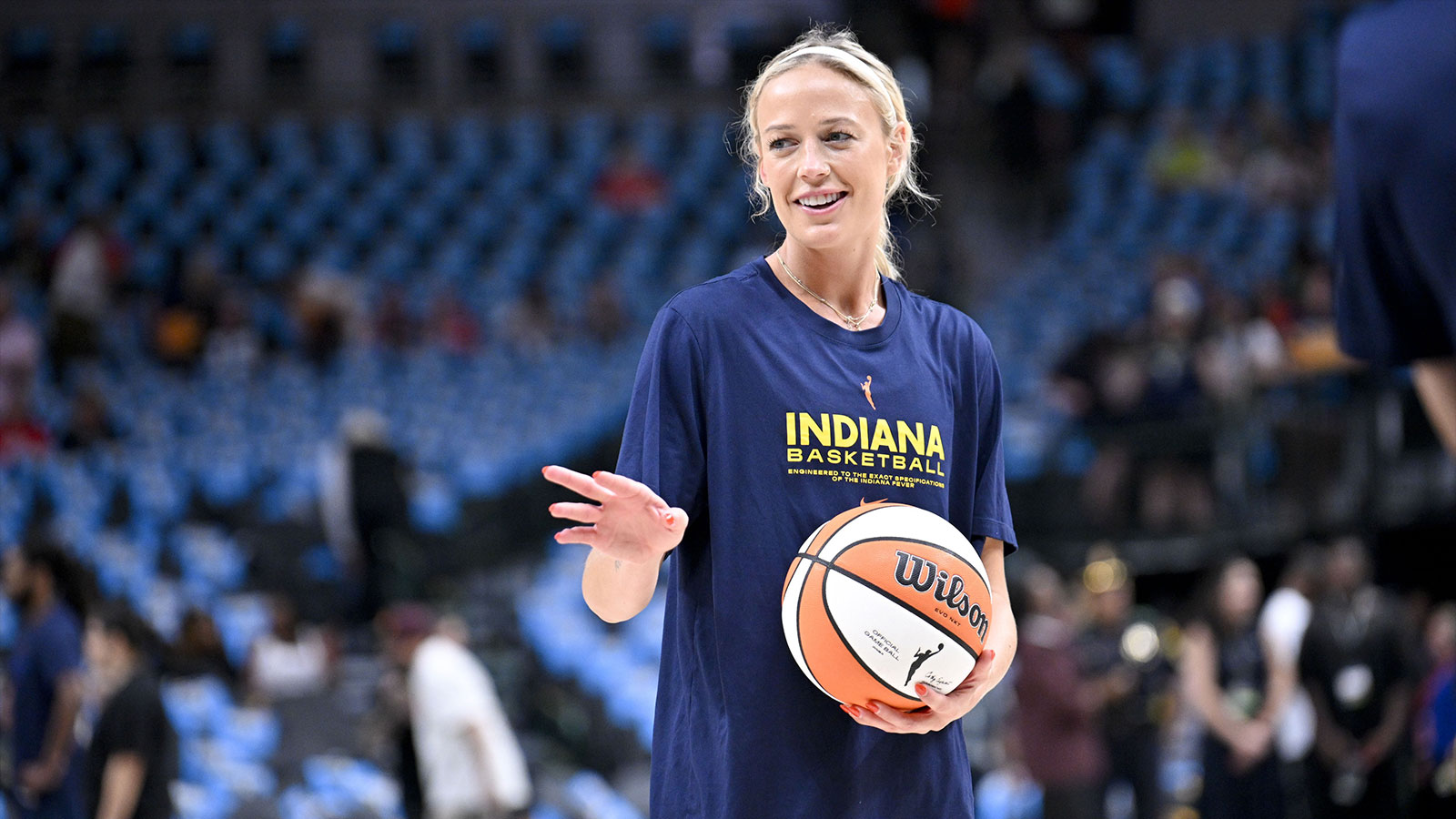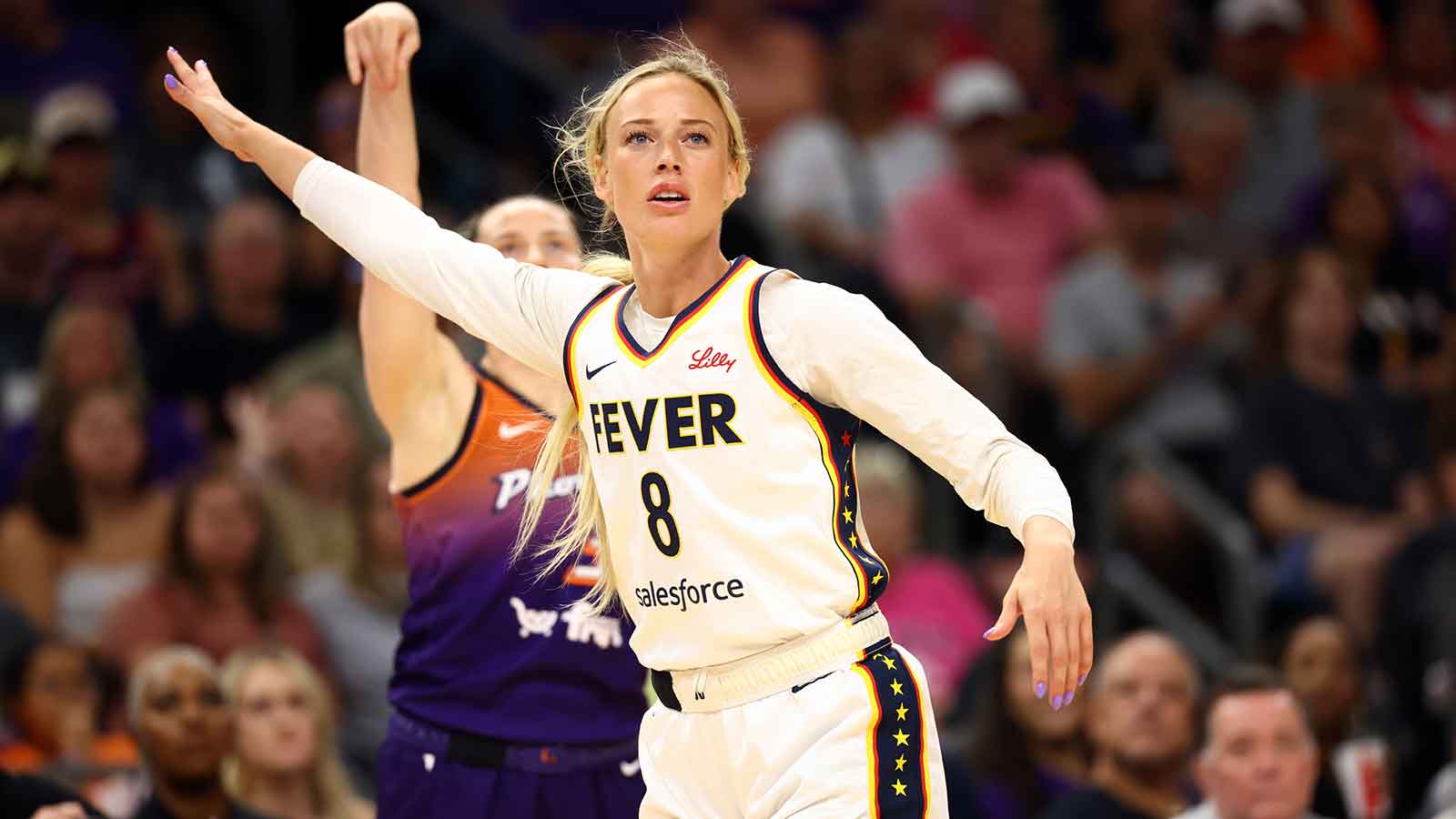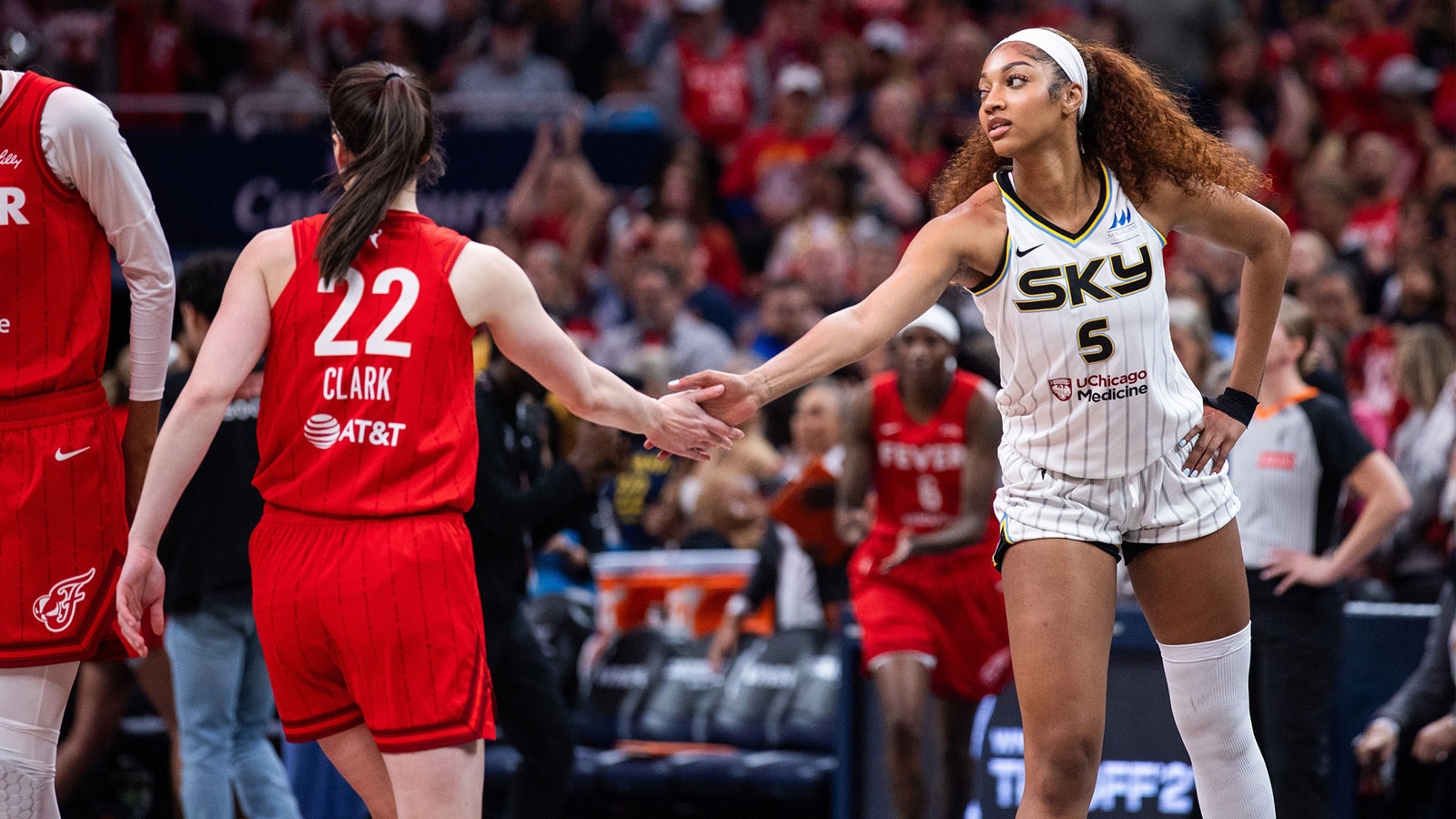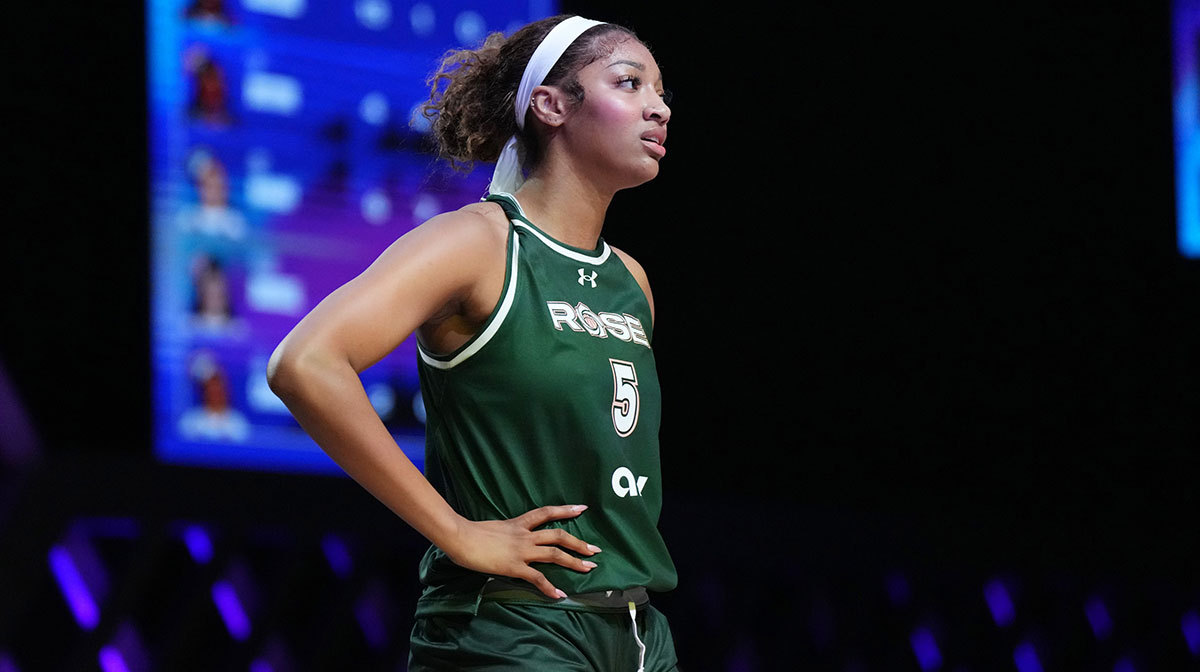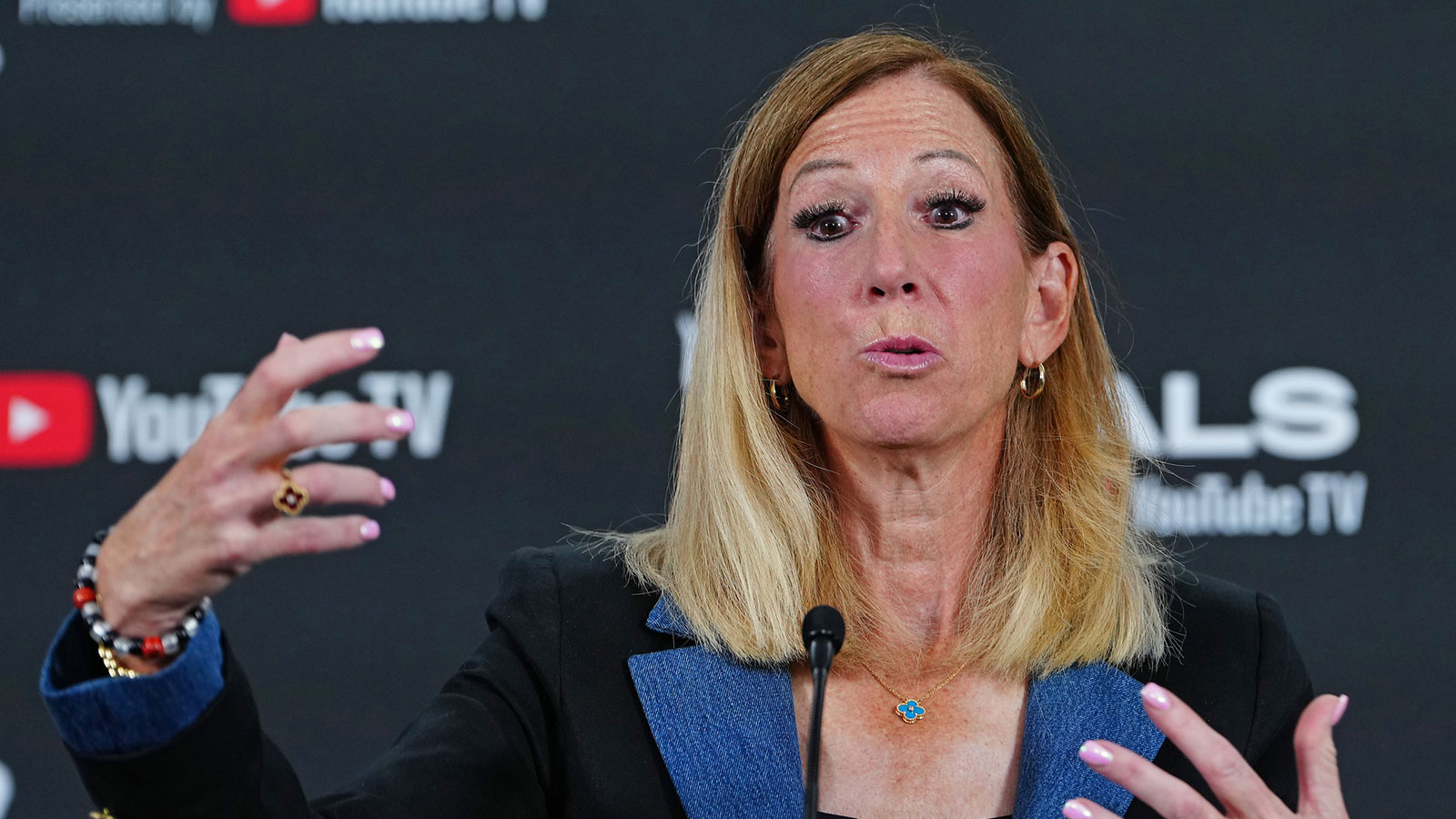WNBA Commissioner Cathy Engelbert has come out against the idea that Iowa's basketball star Caitlin Clark would face financial downsides by turning professional. Engelbert's statement comes amid discussions on the comparison between potential earnings from NIL deals in college and the salaries plus endorsements available in the professional arena.
“It’s a bad narrative,” Engelbert said, as reported by Mike Vorkunov of The Athletic. Engelbert pointed out that what are termed NIL deals for college athletes like Clark are essentially endorsements once they turn professional.
The financial landscape for female college athletes has been under scrutiny, particularly with the introduction of NIL rights allowing athletes to profit from their personal brand. This development has brought to the forefront a comparison between potential earnings in the college versus as a professional, sparking a debate that has followed talents like Clark.
Despite the looming comparison, Clark's decision to enter the WNBA is seen not just as a personal milestone but as a huge occasion for women's sports at-large. Her impressive portfolio of endorsements and potential for even greater financial success belies the notion of a financial step back.
Caitlin Clark already has professional career deals
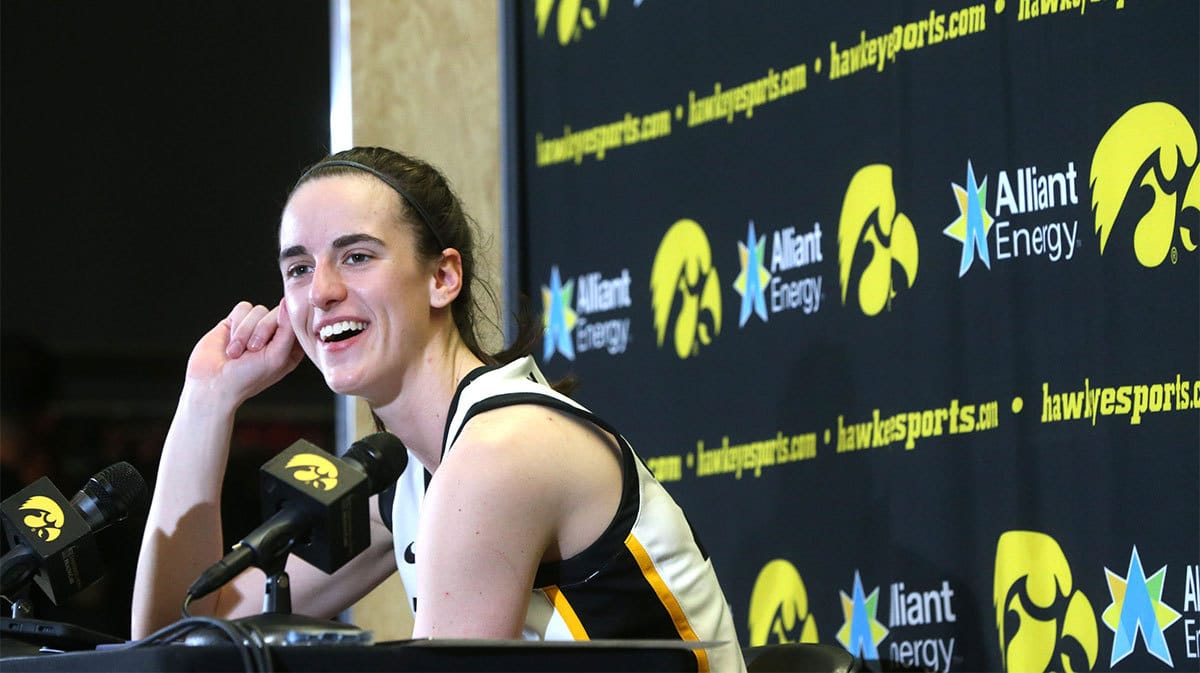
Caitlin Clark, heralded as a “transcendent athlete” by industry insiders, has already secured deals that extend into her professional career, demonstrating the appeal of her brand beyond the collegiate level. Clark's anticipated move to the WNBA is accompanied by expectations of significant earnings from both salary and endorsements.
The conversation around Clark's financial prospects in the WNBA also highlights a broader issue: the disparity in perception and reality of women's sports earnings and marketability.
While male athletes' transition to professional leagues often comes with lucrative deals, the professional journey for women has been less optimistic. However, Clark's journey signals a changing tide, where women athletes' financial and commercial appeal is increasingly recognized on par with their male counterparts.
Clark's potential impact on the WNBA extends beyond financial considerations. Her popularity and marketability are expected to bring increased visibility to the league, challenging notions about the commercial viability of women's sports.
As the WNBA continues to gain traction, the inclusion of athletes like Clark, with a robust following and endorsement portfolio, is poised to elevate the WNBA's profile and appeal to both fans and sponsors.
“It’s gonna be harder,” said Jeff Kearney, Gatorade’s head of sports marketing. “You know the competition is going to be tougher. Players are faster. The players are better.
“But again, I think she has an it-factor and is driven to succeed. So it certainly doesn’t change the approach that we have of trying to celebrate this phenomenal athlete and tell her story. It doesn’t matter what jersey she has on.”

